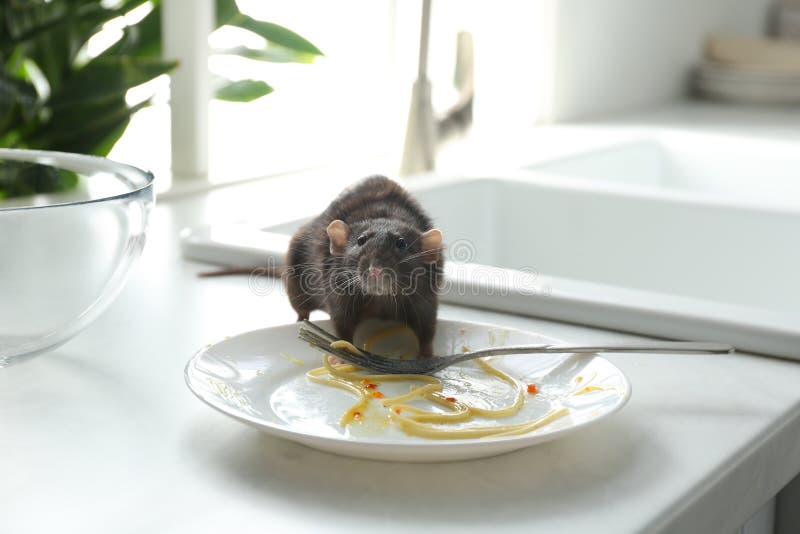In the quest for a natural mouse deterrent, many homeowners are turning to everyday ingredients like garlic and vinegar to keep these pesky rodents at bay. With their strong scents and natural properties, garlic and vinegar present an eco-friendly alternative to chemical-based products, ensuring a safer environment for both your family and pets.
Mice can be more than just a nuisance. They can cause damage to your home, spread diseases, and contaminate food. Addressing this issue with natural solutions not only helps in maintaining a healthy living space but also supports sustainable pest control practices. Let's explore how garlic and vinegar can serve as effective deterrents and why they might be the right choice for your home.

Why Choose a Natural Mouse Deterrent?
Opting for a natural mouse deterrent has several benefits. First and foremost, it reduces the risk of exposure to harmful chemicals for both humans and animals. Many commercial products contain toxic substances that can pose health risks, especially if not used correctly.
Additionally, natural solutions tend to be more cost-effective and accessible. Ingredients like garlic and vinegar can be easily found in most kitchens, making it a convenient option for homeowners looking to tackle a mouse problem without breaking the bank.
How Garlic Repels Mice
The pungent odor of garlic is not only a culinary delight but also a powerful mouse repellent. Mice have a highly developed sense of smell, which they rely on for survival. The strong scent of garlic can overwhelm their senses, making your home an unattractive place for them to inhabit.
To use garlic as a deterrent, simply crush a few cloves and place them in areas where you suspect mouse activity. You can also mix crushed garlic with water to create a spray, applying it to entry points and potential nesting areas. For more tips on using household items as pest deterrents, you can check out DIY Cinnamon Rodent Repellent.
Using Vinegar as a Mouse Deterrent
Vinegar, particularly white vinegar, is renowned for its cleaning properties and its ability to repel pests. The acetic acid in vinegar emits a sharp smell that mice find unpleasant. Similar to garlic, vinegar can disrupt a mouse's sense of smell and deter them from entering your space.
For an effective vinegar-based solution, consider creating a spray by combining equal parts vinegar and water. Apply this mixture to areas frequented by mice, such as baseboards, countertops, and around trash bins. For an added layer of protection, you can also soak cotton balls in vinegar and place them strategically around your home.
Combining Garlic and Vinegar for Maximum Effectiveness
While both garlic and vinegar are effective on their own, combining them can enhance their deterrent capabilities. The combination creates a potent smell that is even more repelling to mice.
To create a natural mouse deterrent with garlic and vinegar, start by crushing a few cloves of garlic and mixing them with white vinegar. Allow the mixture to sit for a few days, letting the garlic infuse the vinegar. Once ready, use it as a spray around entry points and areas with mouse activity.
Additional Tips for Keeping Mice Away
While garlic and vinegar are excellent natural deterrents, maintaining a clean and tidy home is equally important in preventing mouse infestations. Regularly dispose of garbage, store food in airtight containers, and seal any cracks or holes in your home's exterior.
For more comprehensive pest control solutions, consider visiting Tomcat Brand's guide on natural mouse control.
Additionally, explore other natural deterrent methods such as Homemade Rodent Repellent Sachets with peppermint and cinnamon, which are known for their repelling properties.

FAQs
Can garlic and vinegar harm pets?
While garlic and vinegar are generally safe, it's important to use them in moderation. Avoid direct contact with pets, as excessive consumption of garlic can be harmful.
How often should I apply the garlic and vinegar mixture?
For best results, reapply the mixture every few days or after cleaning the area to maintain its effectiveness.
Can I use other types of vinegar?
White vinegar is recommended due to its strong acetic acid content, but apple cider vinegar can be used as an alternative.
